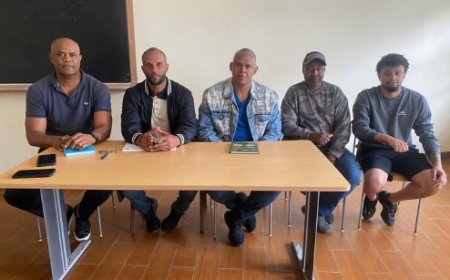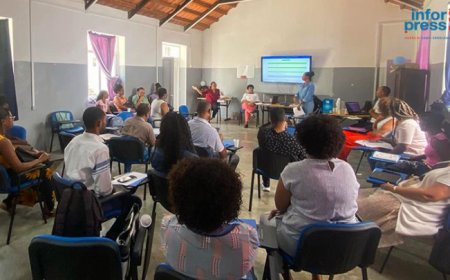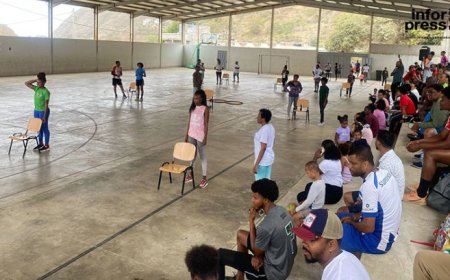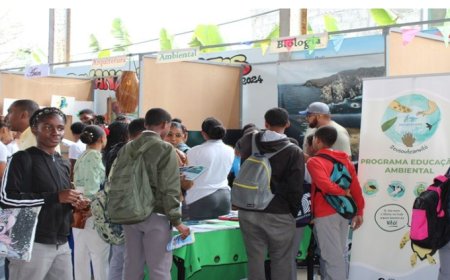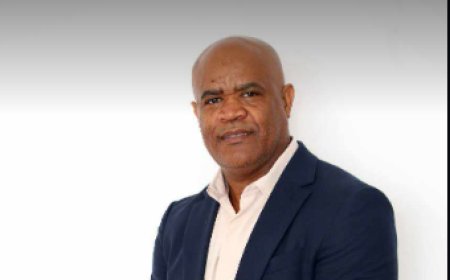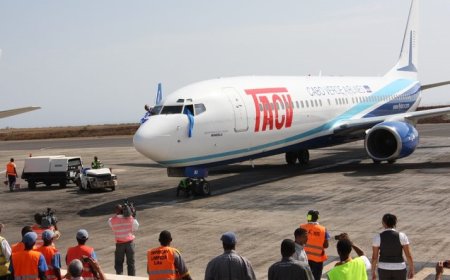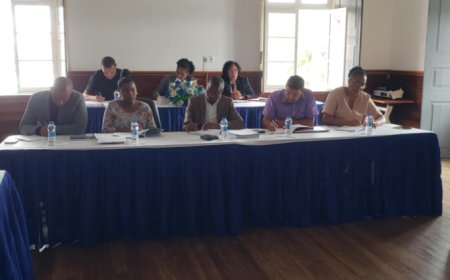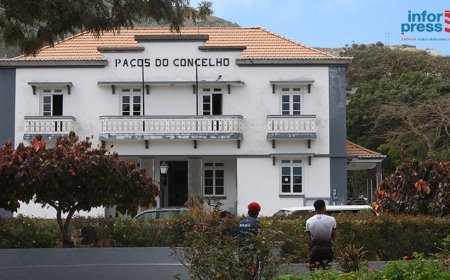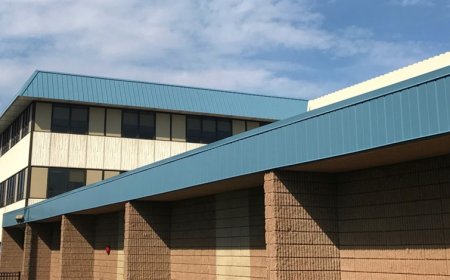Plane for evacuation of patients stopped due to legal issues
The aircraft of a Portuguese company, rented by the Cape Verdean state to ensure the transport of patients between the islands, has been prevented from flying in the archipelago for a few days by legal imposition, said today the administrator of Sevenair, promising that the problem will be solved in brief.
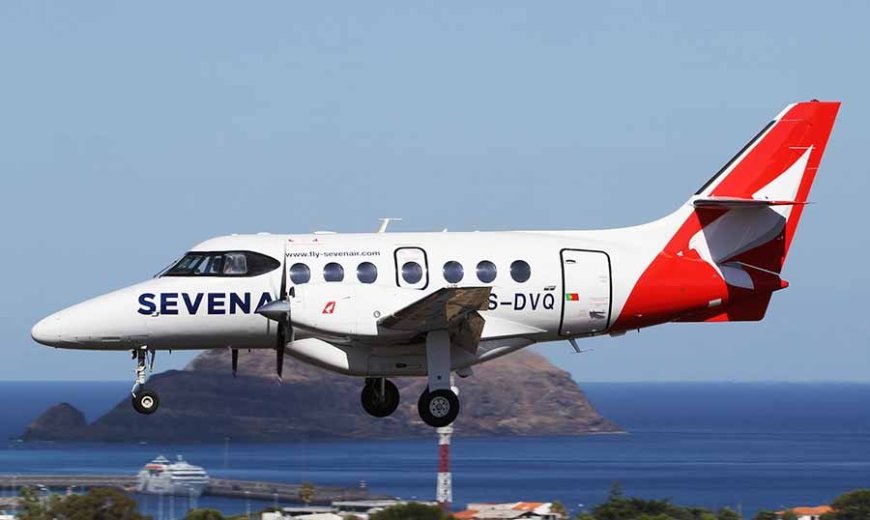
The aircraft of a Portuguese company, rented by the Cape Verdean state to ensure the transport of patients between the islands, has been prevented from flying in the archipelago for a few days by legal imposition, said today the administrator of Sevenair, promising that the problem will be solved in brief.
"Right now, the aircraft is unable to fly, there is an issue that also has to do with legislation, which the Government, the Civil Aviation Agency (AAC) and we are trying to get around", said Alexandre Alves, in an interview with Lusa agency.
According to the official, the plane has been stopped for a few days at Nelson Mandela International Airport, in the city of Praia, because there is legislation from the International Civil Aviation Organization (ICAO) that says that a civil aircraft cannot operate in another country for more than two months without changing registration.
“We are operating with an aircraft registered in Portugal, we operated for six months, extended for another six, which reached the limit, and at the moment we are at an impasse”, explained the administrator for the commercial airline.
The Portuguese company Sevenair rented a Jetstream 32 twin-engine turboprop aircraft to Cape Verde for the inter-island transport of patients, in an operation that is managed and coordinated by the Coast Guard.
And as the saving of human lives is at stake, Alexandre Alves said he hopes that the impasse will be resolved soon, not least because “there are several solutions on the table”.
“We are waiting for a decision to be made and which of the options will be adopted. The aircraft is here, it is based at Praia airport, we are ready to fly at any time if requested, but at the moment we have this legal impediment”, he continued.
In an interview with Lusa, in the city of Praia, during a working visit to the country, the Sevenair administrator said that the company is in "constant contact" with the Government and with the AAC to resume operations, because the aircraft has been very requested for medical evacuations.
For the administrator, the easiest solution would be to change the plane's registration, but that would imply setting up a company under Cape Verdean law with a license as an air operator, which would take some time.
“It is a very important operation that ultimately saves lives. I think that is above all else and I think that the rest are minor issues and that should not jeopardize this very important mission”, stressed the administrator of the Portuguese operator.
The plane started operating last year, and so far, according to Alexandre Alves, it has transported more than 400 patients to central hospitals, some of them in very serious condition, but all of them survived.
The transport of patients is the main mission, with 95% of the flights, but the aircraft also performs other operations, such as air patrol, transport of military personnel and values from the Cape Verdean Central Bank.
The Sevenair plane is operating in the country on a temporary basis, until the arrival of one of the two CASA planes for medical evacuations, which was supposed to happen in September, but Alexandre Alves said that the deadline will not be met.
In July 2018, Sevenair signed an agreement with the Government of Cape Verde to exchange a Dornier Coast Guard aircraft for two CASA C212 Aviocars, owned by this Portuguese aviation group.
The two military planes are intended, among other Coast Guard operations, to transport patients between the Cape Verdean islands, but are still in the process of being put into operation and ready to fly.
The administrator said that the first of the two planes will no longer arrive this month, as previously planned, because the company is dependent on the supply of equipment and also on the Cape Verdean Government's budget allocation of the amounts involved in the agreement.
But once all this is resolved, he assured that the first plane will arrive in the country within two to three months.






